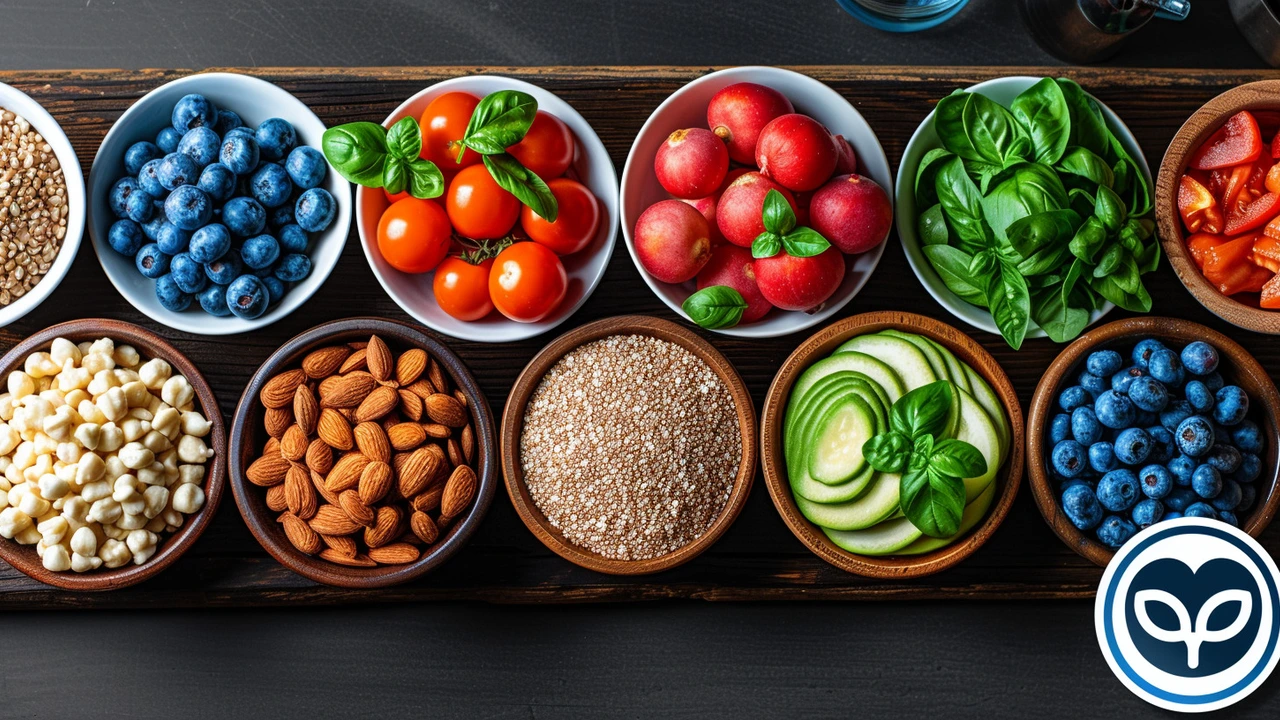What you eat affects more than your weight. Food alters energy, mood, digestion, and how well you handle stress. Small swaps and a few routine habits can make your day smoother and your body work better—without dramatic diets or fancy ingredients.
Start with balance. A mix of protein, fiber, and healthy fats at each meal keeps blood sugar steady and avoids energy crashes. Try eggs with whole-grain toast and avocado, Greek yogurt with berries and a sprinkle of nuts, or a tuna salad on leafy greens. Those combos slow digestion and keep you focused longer.
Snacks can either tank your afternoon or keep you going. Swap sugary bars for options that combine carbs and protein. Good choices include an apple with peanut butter, a small handful of mixed nuts with a clementine, carrot sticks with hummus, or plain popcorn with a few seeds. If you need something filling and fast, cottage cheese with fruit or a boiled egg works well.
For weight control, pay attention to portion and timing. Eating a small protein-rich snack before a long meeting or workout prevents overeating later. Avoid grazing from large packages—pre-portion snacks into small containers so you know what you’re actually eating.
What you drink matters. Green tea gives a gentle caffeine lift plus antioxidants and can help after a heavy meal. Homemade veggie-fruit juices are great for nutrients, but limit fruit-only juices—the sugar can spike blood glucose. Add spinach, cucumber, or celery and a splash of lemon to keep sugar lower and nutrients higher.
Your gut responds fast to what you eat. Fiber feeds good bacteria, so include beans, oats, berries, and veg daily. Fermented foods—yogurt, kefir, kimchi—add helpful microbes. If you have ongoing gut trouble, try a simple food log to spot triggers and discuss them with a clinician.
Stress and sleep change how your body uses food. High stress can tighten your stomach, change appetite, and worsen digestion. Prioritize sleep, move a bit each day, and try short breathing breaks before meals to calm your system and improve digestion.
Mindful eating is underrated. Put your phone down, chew slowly, and notice fullness cues. Eating with attention helps you enjoy food more and naturally reduces overeating.
Small changes add up. Pick two habits—like adding a protein at breakfast and swapping sugary snacks for a fruit-plus-protein option—and keep them for three weeks. You’ll likely notice clearer thinking, smoother digestion, and steadier energy without major effort.
If you have medical conditions or take medications, talk to your TRICARE provider or pharmacist about food-drug interactions and supplements. Nutrition is powerful, but personal needs vary. Use practical swaps and simple routines to let nutrition work for you every day.

Hi there, ladies and gents! I just prepared a compelling post to help you understand the crucial role that a healthy diet plays in managing stress. Nutritional choices significantly impact our bodily functions, and this includes our mood and stress levels too. So, let's dive deeper into the ways we can eat, not just for physical health, but for mental wellbeing as well. I promise, there are delicious options for each one that will leave you asking for more!
Read More